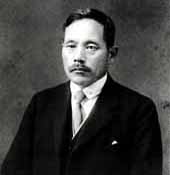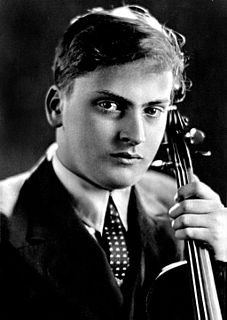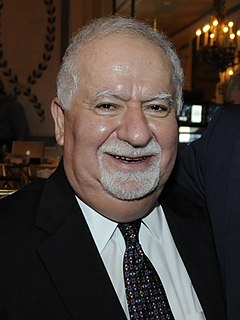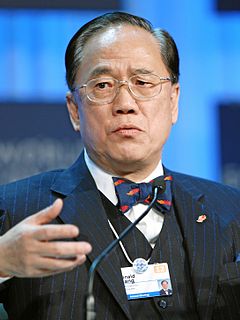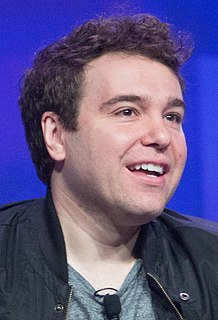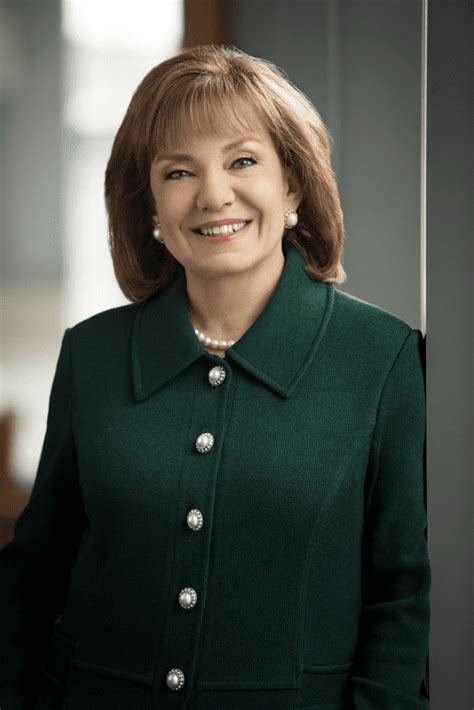A Quote by Tsunesaburo Makiguchi
The essence of education is not to transfer knowledge; it is to guide the learning process, to put responsibility for study in the student's own hands...[and] place people on their own path of discovery and invention.
Related Quotes
Isolating the student from large sections of human knowledge is not the basis of a Christian education. Rather it is giving him or her the framework for total truth, rooted in the Creator's existence and in the Bible's teaching, so that in each step of the formal learning process the student will understand what is true and what is false and why it is true or false.
As was the case for Nobel's own invention of dynamite, the uses that are made of increased knowledge can serve both beneficial and potentially harmful ends. Increased knowledge clearly implies increased responsibility. We reject the notion advocated in some quarters that man should stop eating from the tree of knowledge, as if that were humanly possible.
There are branches of learning and education which we must study merely with a view to leisure spent in intellectual activity, and these are to be valued for their own sake; whereas those kinds of knowledge which are useful in business are to be deemed necessary, and exist for the sake of other things.
People can go to the extreme like what we saw during the Cultural Revolution. For instance, in China, when people take everything into their own hands, then you cannot govern the place. It was the people taking power into their own hands. Now that is what you mean by democracy if you take it to the full swing.
It was good of Friedrich Nietzsche to declare God dead - I declare that he has never been born. It is a created fiction, an invention, not a discovery. Do you understand the difference between invention and discovery? A discovery is about truth, an invention is manufactured by you. It is man-manufactured fiction.
Knowledge is inherent in man; no knowledge comes from outside; it is all inside. We say Newton discovered gravitation. Was it sitting anywhere waiting for him? It was in his own mind; the time came and he found it out. All knowledge that the world has ever received comes from the mind; the infinite library of the universe is in our own mind. The external world is simply the suggestion, the occasion, which sets you to study your own mind.
